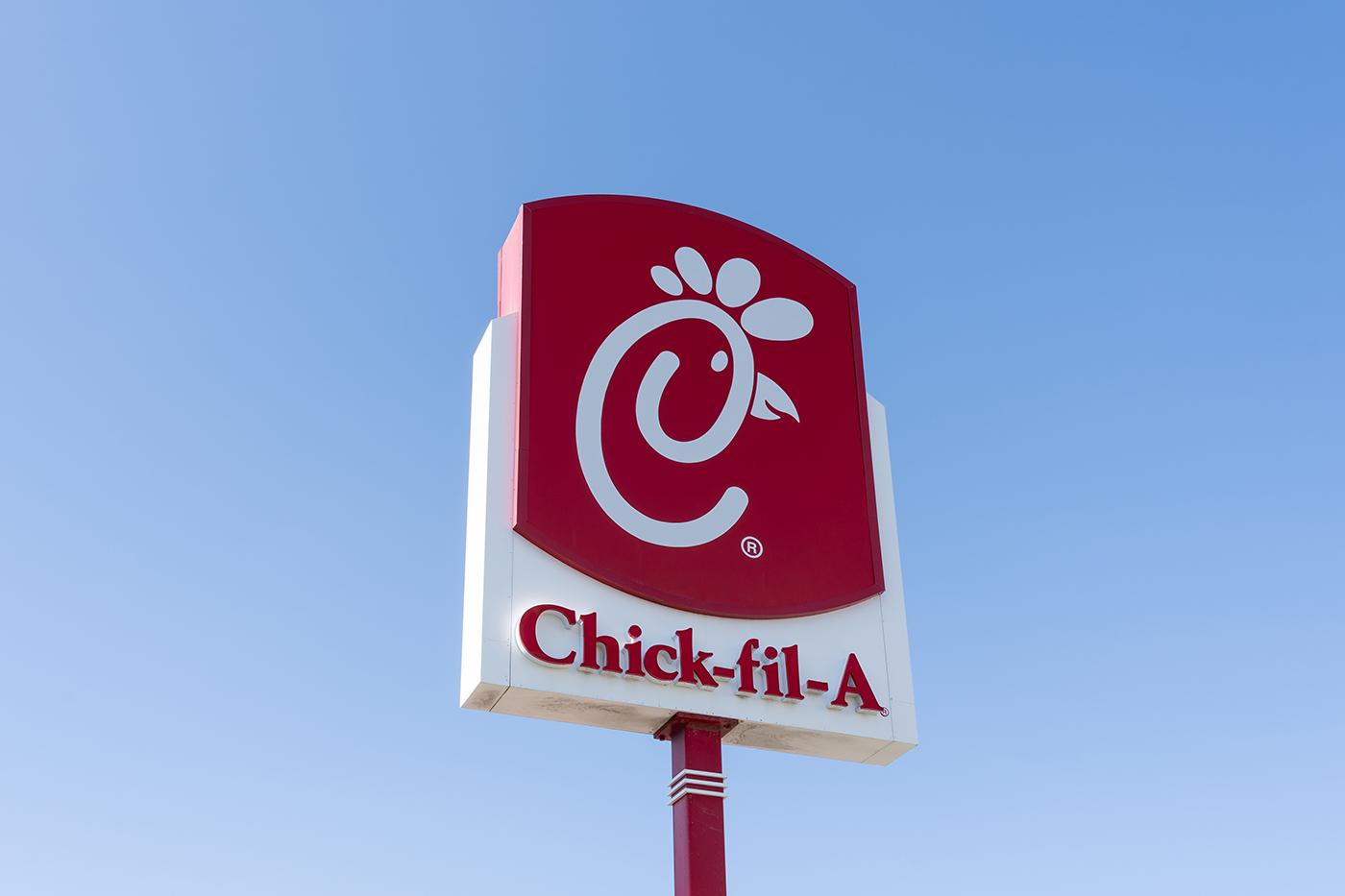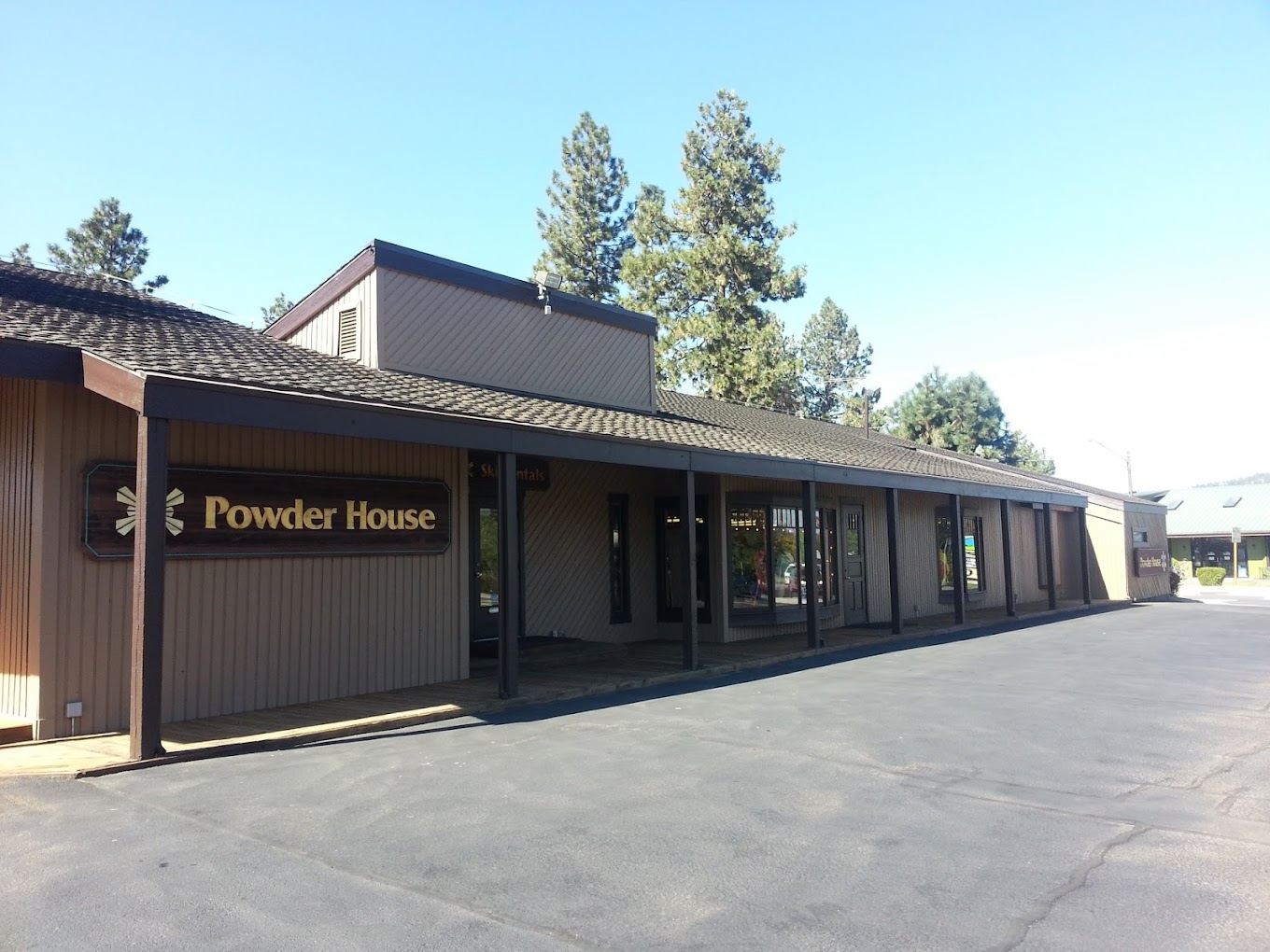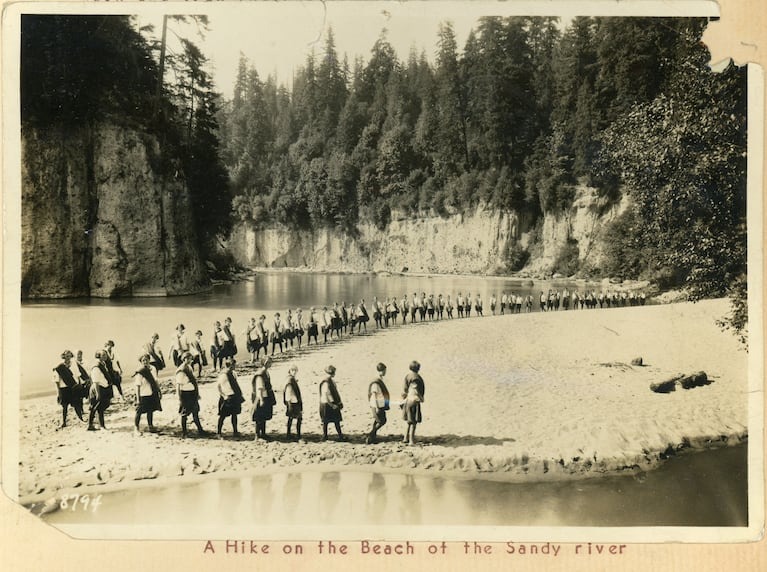According to OPB, a lawsuit against Tillamook County Creamery Association has stirred controversy by alleging that the creamery misled consumers through its marketing strategies. The heart of the dispute lies in accusations that Tillamook's promotional efforts falsely suggested its dairy products come from small, family-run farms in Tillamook County, emphasizing environmentally friendly practices. Instead, it's claimed that a significant portion of the milk used in Tillamook's products is sourced from a large-scale operation known as Columbia River Dairy, part of Threemile Canyon Farms. This farm, situated outside Boardman, Oregon, is criticized for its industrial-scale dairy operations, involving thousands of cows in conditions far removed from the pastoral imagery used in Tillamook's advertising.
Tillamook, a cooperative established in 1909 and celebrated for its cheese, ice cream, and yogurt, refutes these claims, asserting its commitment to transparency regarding its environmental stewardship and sourcing practices. The lawsuit, initiated in 2019 by the Animal Legal Defense Fund on behalf of Oregon residents, argues that Tillamook's advertising led to consumers paying a premium for its products under false pretenses.
The Oregon Supreme Court is currently deliberating on whether this legal challenge can proceed, after previous rulings in lower courts have dismissed the case as a class action. These decisions were based on the premise that the claims of being misled would need to be individually proven by the plaintiffs, complicating the process of certifying a class of consumers.
Tillamook has maintained that it has not concealed its relationship with Threemile Canyon Farms, emphasizing a longstanding partnership that, in its view, does not compromise the quality of care for the dairy cows involved. The creamery's stance is that criticisms from the Animal Legal Defense Fund stem from a fundamental opposition to dairy consumption, rather than genuine consumer protection concerns.
As the legal proceedings unfold, the case highlights broader trends of consumer advocacy and the demand for corporate transparency, particularly in the food industry. The outcome of the Oregon Supreme Court's decision remains to be seen, with potential implications for how companies represent their products and practices to the public.













